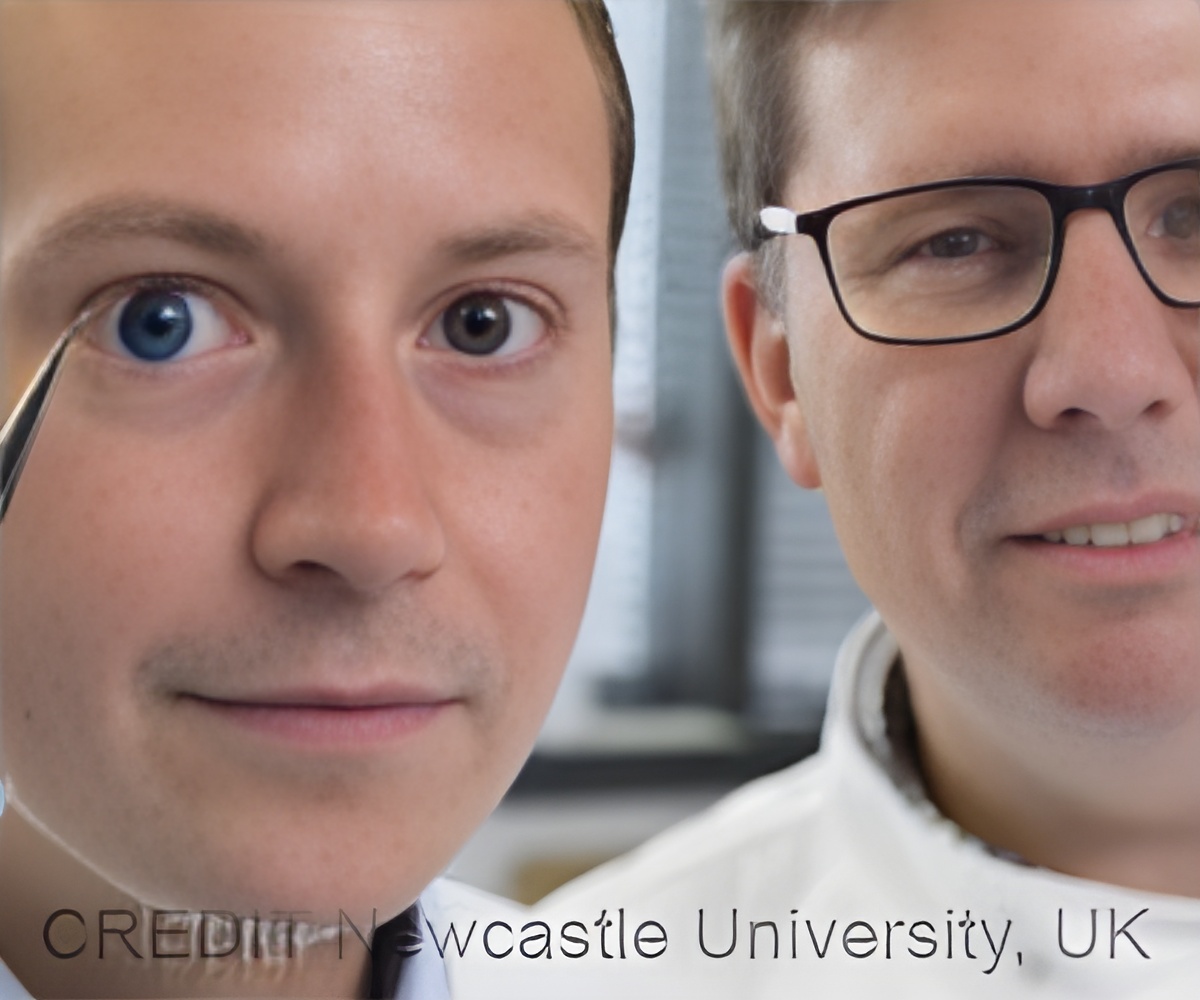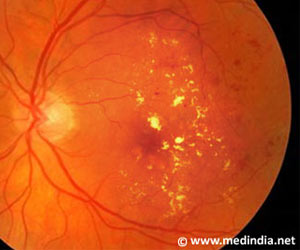Researchers have identified changes in the cornea that slow down wound healing in the eye with underlying diabetes.

Diabetes is a systemic disorder that can result in kidney disease, heart disease, amputation, stroke, and nerve damage. Most diabetes drugs are designed to increase glucose tolerance or supply depleted insulin but do not address molecular and cellular changes or their associated complications.
Protein and Stem Cells in Wound Healing
The new research also identifies for the first time an important role of Wnt-5a, a secreted signaling protein investigators found responsible for corneal wound healing and the function of stem cells—cells capable of differentiating into many cell types (1✔ ✔Trusted SourceReversal of dual epigenetic repression of non-canonical Wnt-5a normalises diabetic corneal epithelial wound healing and stem cells
Go to source).
“Current treatments only address symptoms, so there is an urgent need to understand the molecular mechanisms of diabetes-related wound-healing problems,” said Ruchi Shah, Ph.D., a scientist in Ljubimov’s lab. “Understanding of this novel epigenetically regulated wound-healing mechanism could lead to therapeutic treatments that could help patients avoid further long-term ocular health issues.”
Nearly 70% of diabetes patients suffer from problems with the cornea. In advanced diabetes, corneal stem cells become dysfunctional, and the cornea heals more slowly and less completely following an injury or procedures such as cataract surgery and laser treatment for diabetic retinopathy.
The team of scientists then induced wounds to corneal cells in culture and corneal organ cultures and tested three interventions designed to normalize Wnt-5a protein expression. They added the Wnt-5a protein directly; they introduced a DNA methylation inhibitor and targeted microRNA levels with a novel gene therapy approach The team developed the compound, which uses synthetic molecules to block the microRNA.
All three therapeutic methods, in the diabetic samples, stimulated stem cell marker production and improved tissue regeneration, accelerating wound healing.“Novel therapies to reverse epigenetic effects could improve corneal function, and may also prove significant in other diabetic complications,” said Clive Svendsen, PhD, director of the Board of Governors Regenerative Medicine Institute and study co-author. “This work certainly helps move the field forward.”
Advertisement
Reference:
- Reversal of dual epigenetic repression of non-canonical Wnt-5a normalises diabetic corneal epithelial wound healing and stem cells - (https://pubmed.ncbi.nlm.nih.gov/37460827/)
Advertisement















